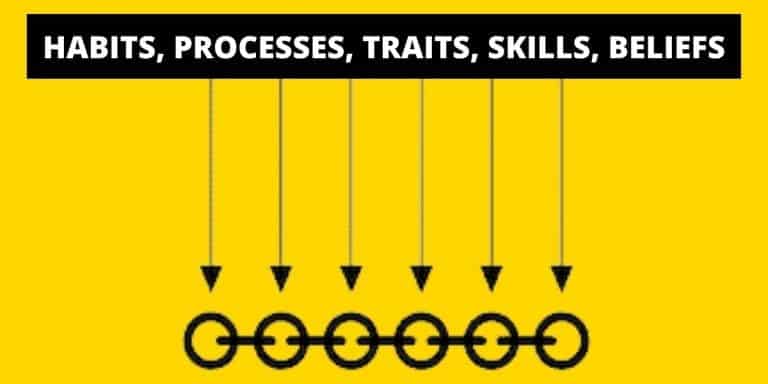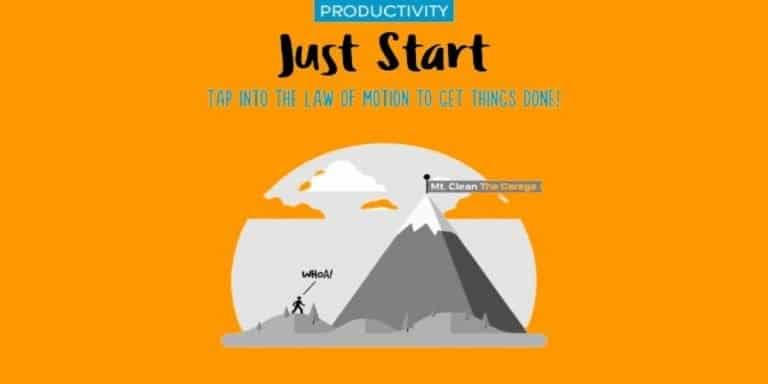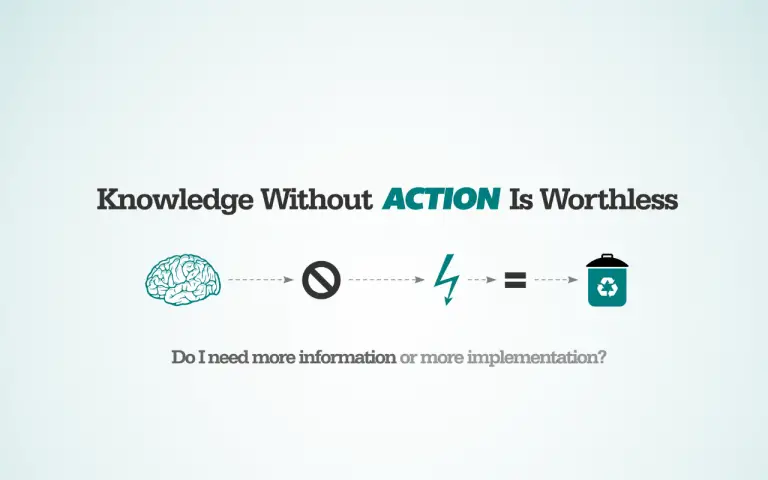How To Stop Procrastinating And Get Things Done
Procrastination is the act of delaying or postponing tasks or responsibilities, and it is a common problem that affects many people. It can have a significant impact on productivity, leading to missed deadlines, increased stress, and feelings of inadequacy.
In this post, we will discuss the causes of procrastination and provide practical strategies for overcoming it, so you can start getting things done and achieving your goals

Identifying the Causes of Procrastination
Procrastination can stem from a variety of causes, including:
Fear of failure: Some people may avoid starting a task because they fear not being able to complete it successfully.
Perfectionism: The desire to make everything perfect can lead to procrastination as the fear of making a mistake or not meeting high standards can make it difficult to start a task.
Lack of motivation: When a task is not interesting or is perceived as irrelevant, it can be hard to find the motivation to begin it.
Distractions: With easy access to the internet, social media, and a plethora of other distractions, it can be easy to get sidetracked and put off important tasks.
Overthinking: Overthinking a task can lead to analysis paralysis, causing one to delay taking action.
Self-doubt: Doubting one’s abilities can lead to procrastination, as the fear of not being able to complete the task can be overwhelming.
By identifying the underlying cause of procrastination, you can develop a more effective strategy for overcoming it.
Providing Practical Strategies for Overcoming Procrastination
Goal-setting: Setting clear and specific goals can help you focus on what needs to be done and give you a sense of direction. Break your goals down into smaller, manageable tasks and set deadlines for each one.
Time management techniques: Use tools such as a calendar or a to-do list to schedule your tasks and prioritize them based on their importance and urgency. Try the Pomodoro Technique, which is a time management method that breaks work into intervals, traditionally 25 minutes in length, separated by short breaks.
Breaking tasks into smaller chunks: Large tasks can seem overwhelming, so break them down into smaller, manageable chunks. This will make it easier to start and make progress on the task.
Positive self-talk: Speak to yourself positively and remind yourself of your abilities and past successes. Instead of saying “I can’t do this,” try “I can do this and I will find a way to make it happen.”
Eliminating distractions: Identify and eliminate the sources of distractions in your work environment. Turn off your phone, log out of social media, and find a quiet place to work.
Just Start: Sometimes the hardest part is starting, so just begin working on the task, even if it’s just for a few minutes. Often, once you start, you will find it easier to continue.
Reward yourself: Create a reward system for yourself, once you complete a task give yourself a small reward, it could be something as simple as taking a short break or having a snack, this will make the task more motivating.
By implementing these strategies, you can overcome procrastination and increase your productivity.
The Importance of Self-Discipline and Accountability
Self-discipline and accountability are key to overcoming procrastination and achieving your goals. Here are some tips on how to develop these important qualities:
Hold yourself accountable: Take responsibility for your actions and decisions. Set realistic deadlines for yourself and stick to them.
Develop a daily routine: Having a daily routine can help you stay focused and on track. Try to establish a consistent schedule for working on your tasks and stick to it.
Eliminate excuses: Don’t let yourself make excuses for not getting things done. Take ownership of your actions and find ways to overcome any obstacles that may arise.
Stay motivated: Surround yourself with positive influences and people who will support and encourage you to achieve your goals.
Learn from your mistakes: Recognize when you have procrastinated and learn from your mistakes. Reflect on what went wrong and use that knowledge to improve your future behavior.
By developing self-discipline and holding yourself accountable, you can take control of your time and achieve your goals.
Conclusion
Procrastination is a common problem that affects many people, but it can be overcome by identifying the underlying causes and implementing practical strategies. Goal-setting, time-management techniques, breaking tasks into smaller chunks, and using positive self-talk are all effective ways to overcome procrastination.
Additionally, self-discipline and accountability are key to staying on track and achieving your goals. Remember to be kind to yourself and don’t beat yourself up if you slip up, we all have moments of procrastination, the important thing is to learn from them and keep moving forward.
Encourage your readers to take action and start implementing the strategies discussed in the post to stop procrastinating and start getting things done.






